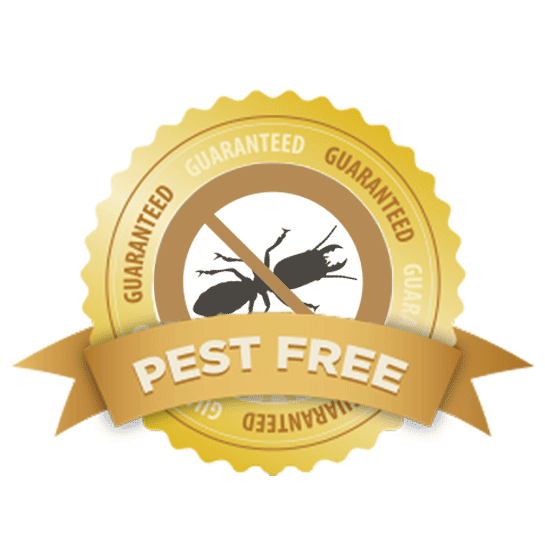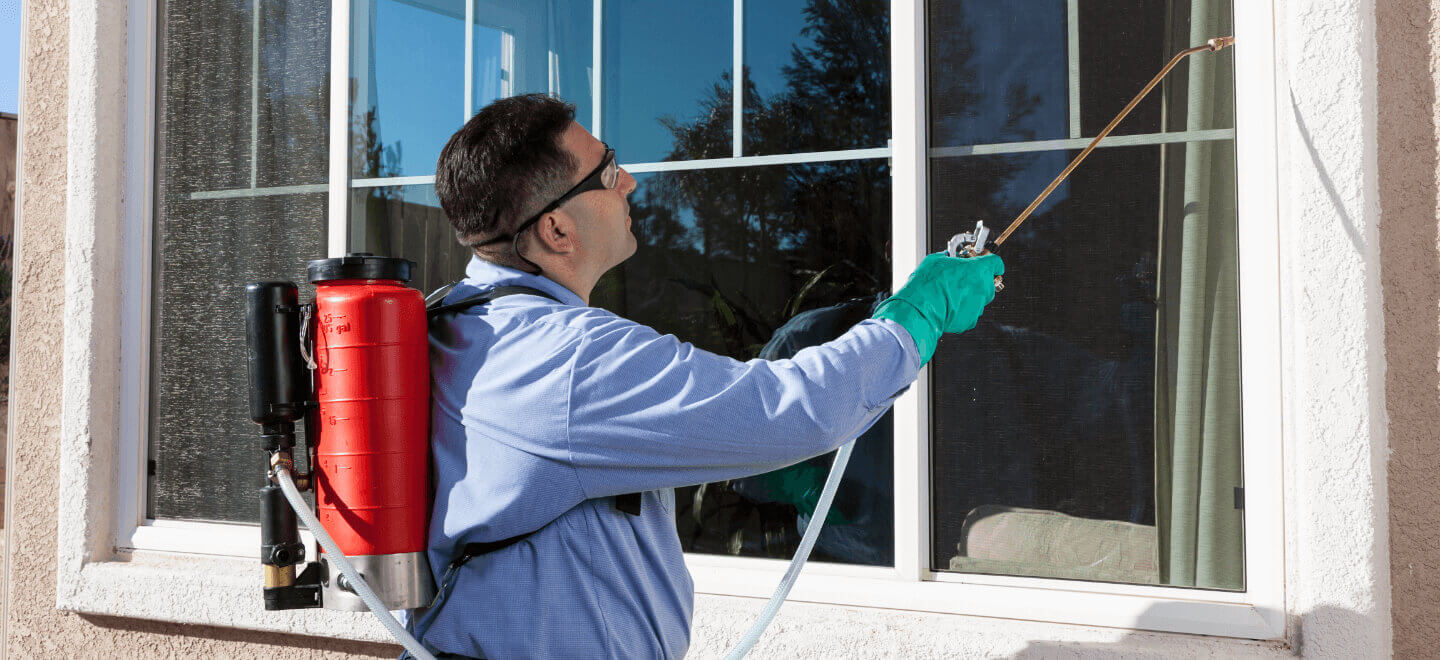Efficient Parasite Control Services: An Extensive Look at Extermination Techniques and Prevention Procedures
In the realm of bug control solutions, the successful management of infestations calls for a precise strategy that incorporates various methods and procedures for both eradication and prevention. From Integrated Bug Monitoring (IPM) techniques that focus on lasting solutions to chemical extermination techniques created for targeted removal, the collection versus parasites is large and complex.

Integrated Insect Management (IPM) Approaches
Integrated Pest Management (IPM) Techniques include an extensive method to pest control that focuses on control, prevention, and surveillance methods to efficiently manage pest populaces. By incorporating different methods, IPM aims to minimize the influence of bugs while likewise decreasing the reliance on chemical pesticides. Prevention exists at the core of IPM, stressing methods like proper hygiene, maintenance of hygiene, and sealing access points to discourage parasites from infesting structures.
Chemical Extermination Strategies
Chemical elimination techniques are generally utilized in insect control solutions to efficiently eliminate pest populaces that position a hazard to human health and wellness and property. These strategies entail the use of various chemical compounds specifically created to target and eliminate bugs such as insects, rats, and other undesirable creatures. The application of chemicals, pesticides, rodenticides, and other chemical representatives is meticulously controlled to make certain maximum performance while reducing threats to human beings, pet dogs, and the atmosphere.
Among the crucial benefits of chemical extermination strategies is their capability to offer quick and targeted outcomes, making them specifically valuable in situations of extreme invasions or immediate parasite control needs - a1 portland pest control bed bugs. Nevertheless, it is important to highlight the value of correct handling, application, and disposal of these chemical products to stop unexpected damage
Furthermore, incorporated bug monitoring (IPM) strategies frequently integrate chemical extermination strategies with various other approaches such as hygiene, environment alteration, and organic controls to develop a comprehensive and sustainable insect control method. By integrating chemical extermination strategies judiciously within an IPM structure, parasite control solutions can properly take care of parasite populations while reducing prospective risks to human health and the environment.
Organic Parasite Control Approaches
Employing natural killers and bloodsuckers to handle bug populations is a sustainable method called organic parasite control. This technique takes advantage of the all-natural systems of the environment to manage bug populaces without counting on artificial chemicals. One typical organic control technique involves presenting natural enemies of the target parasite types, such as ladybugs for aphid control or nematodes for termite infestations. These natural killers feed upon the pests, aiding to see this site keep their populaces in check.
One more effective biological control method is the use of microbial insecticides. These are normally occurring bacteria, such as microorganisms, fungi, and infections, that specifically target and infect certain insect species. By utilizing these microbial representatives, insect populaces can be successfully decreased without triggering or hurting beneficial organisms damage to the environment.
Physical Bug Avoidance Measures
Implementing physical bug prevention procedures involves using obstacles and architectural modifications to hinder insects from infesting a residential property or getting in. Mounting door moves, screens on home windows, and sealing fractures in the foundation can help prevent pests like bugs and rats from getting access inside your home.
Another physical avoidance procedure is the use of barriers like fence to maintain bigger bugs such as raccoons or deer away from the residential property. By executing these physical parasite prevention steps, building owners can substantially decrease the danger of bug invasions and the damage they can cause.
Professional Parasite Inspection Treatments
Performing detailed and systematic pest examinations is a fundamental element of expert parasite management procedures. Expert parasite inspectors are Our site trained to diligently examine homes for indicators of infestations, identifying pest types, entrance factors, and helpful problems.

Final Thought
To conclude, effective bug control solutions employ a variety of techniques, consisting of Integrated Parasite Monitoring strategies, chemical elimination approaches, organic controls, and physical avoidance steps. Expert bug assessment treatments play an important function in identifying and dealing with pest issues in a timely way. By implementing a mix of these methods, residential or commercial property proprietors can efficiently take care of and prevent insect invasions.
From Integrated Insect check my reference Administration (IPM) methods that focus on sustainable solutions to chemical extermination methods developed for targeted elimination, the arsenal against pests is multifaceted and vast.Integrated Pest Monitoring (IPM) Approaches incorporate a detailed technique to pest control that focuses on control, tracking, and prevention approaches to effectively take care of bug populaces.Chemical extermination strategies are generally utilized in pest control solutions to properly remove insect populaces that present a risk to human health and property.Utilizing natural killers and parasites to take care of insect populations is a lasting method recognized as biological parasite control.In final thought, effective parasite control services employ a selection of techniques, consisting of Integrated Insect Monitoring methods, chemical extermination approaches, biological controls, and physical avoidance procedures.